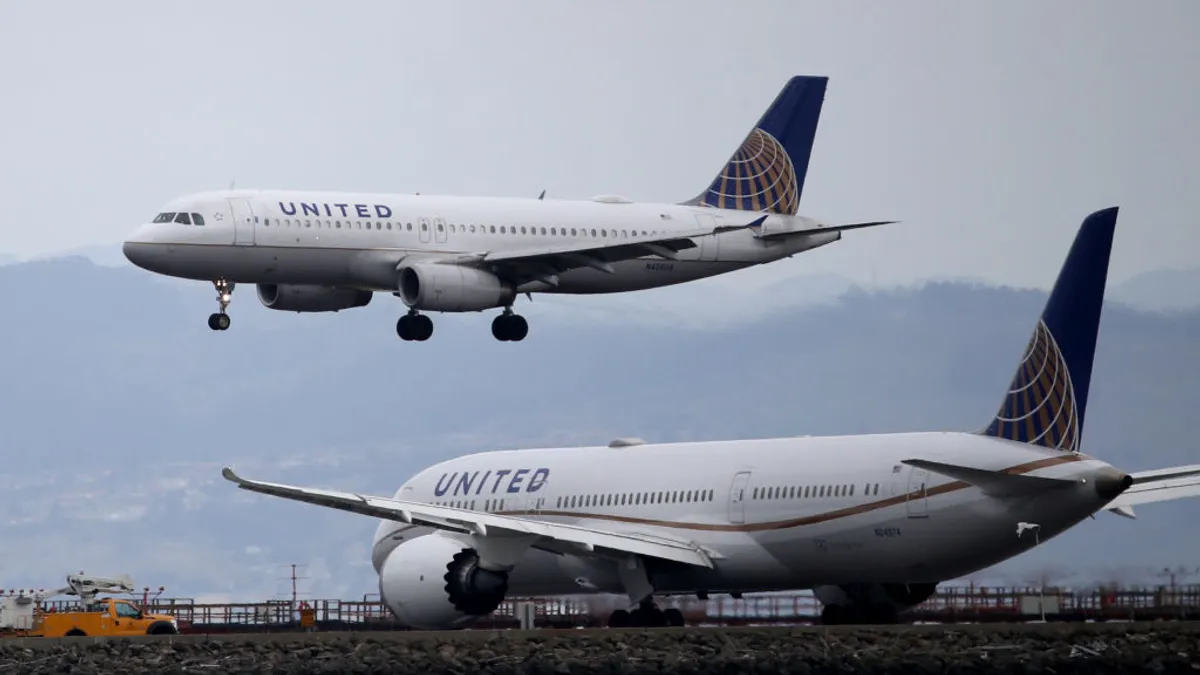United Airlines agreed to pay $305,000 to a Buddhist pilot to settle a lawsuit by the U.S. Equal Employment Opportunity Commission alleging the employer engaged in religious discrimination, in violation of Title VII of the Civil Rights Act of 1964 and Title I of the Civil Rights Act of 1991, the agency said Tuesday.
The airline allegedly refused to make religious accommodations under its HIMS (Human Intervention Motivational Study) program for a pilot who was diagnosed as alcohol dependent and enrolled in the program to obtain a Federal Aviation Administration medical certificate needed to fly again, the complaint said.
The program required participation in Alcoholics Anonymous and the AA meetings accessible to the plaintiff began with a prayer, were held in churches and required acknowledgment of a “Power greater than ourselves” and “God,” the complaint stated.
As a reasonable accommodation, the pilot requested to instead attend Refuge Recovery alcohol and drug support group meetings, which are based on Buddhist principles. United refused to allow the accommodation, according to the complaint, and as a result, the pilot was unable to participate in the HIMS program and therefore unable to return to work.
Under the settlement agreement, United Airlines will pay back pay and damages, reinstate him in the HIMS Program and put in place a new policy on religious accommodations.
“Employers have the affirmative obligation to modify their policies to accommodate employees’ religious beliefs,” EEOC New York Regional Attorney Jeffrey Burstein said in a news release. “If they require their employees to attend AA as part of a rehabilitation program, they must make sure that they allow for alternatives for their employees who have religious objections to AA.”
In an emailed statement, United said, “Regarding the EEOC, safety is our top priority, and we have the highest confidence in the HIMS program, considered the gold standard within our industry for the monitoring of substance abuse.”
Under Title VII of the Civil Rights Act of 1964 and Title I of the Civil Rights Act of 1991, employees can’t be discriminated against based on race, color, religion, sex or national origin and can be entitled to damages for violations.
This protection extends to “admission to, or employment in” training or retraining programs, the law says. In addition, in its guidance on religious discrimination, EEOC has noted that employees must not be forced to participate (or not participate) in a religious activity as a condition of employment.
In guidance, the EEOC has recommended companies develop internal procedures to handle religious accommodation requests and train managers and supervisors on how to identify religious accommodation requests from employees. Employers also should consider each accommodation request individually, the EEOC said.













